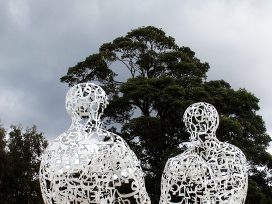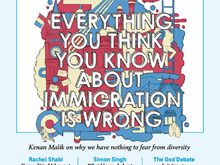
We Europeans
After the loss of innocence
No wonder the Germans accepted the idea of Europe so readily after 1945, writes Rainer Hank: they did not need to change their habits of thought greatly. Moreover, widespread ignorance about this problematic continuity poses yet another threat to mutual trust in Europe.


